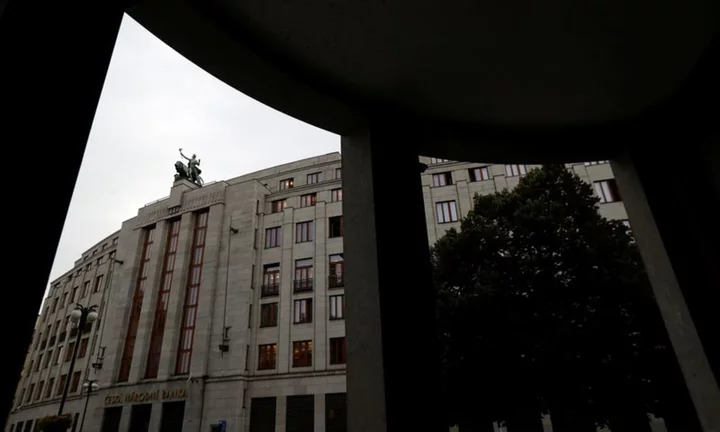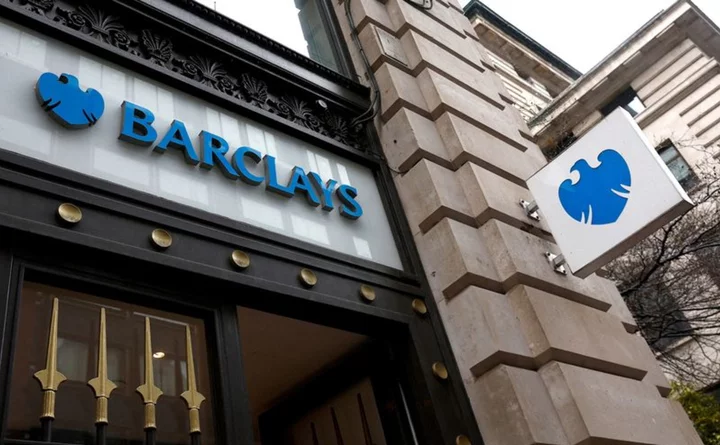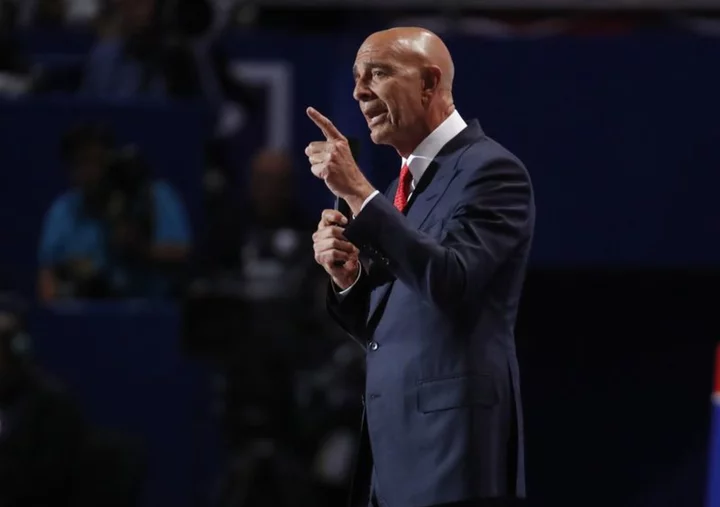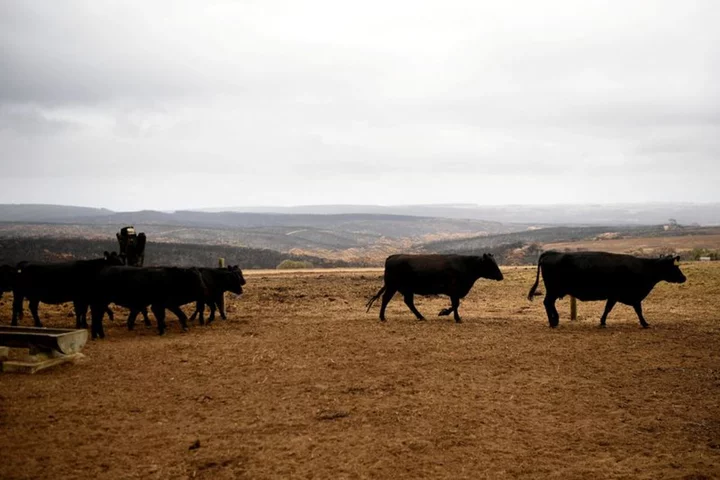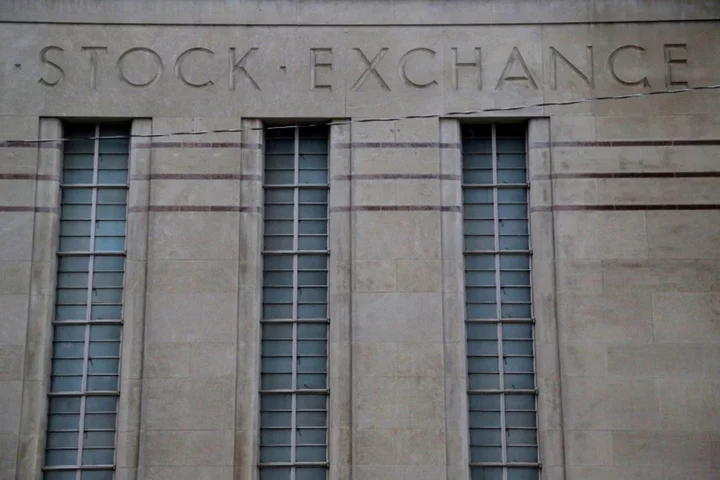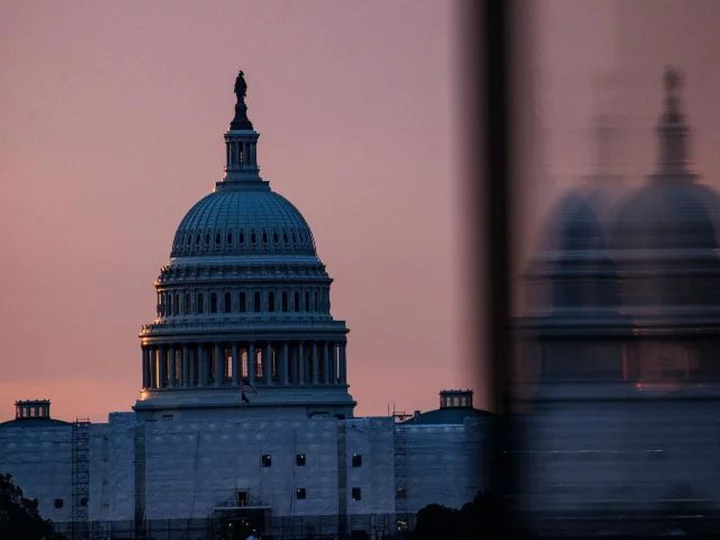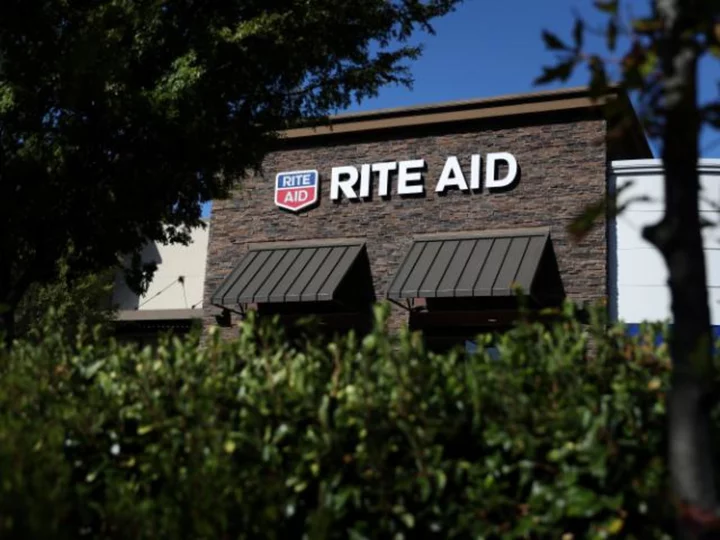By Jason Hovet
PRAGUE The Czech National Bank is likely to opt against hiking interest rates further but chances of a rate cut are shifting later into 2023, or beyond, as inflation pressures linger, a Reuters poll showed on Friday.
The central bank meets on June 21, following a narrow 4-3 vote in May to maintain the two-week repo rate at a more than two-decade high of 7.00%.
The growing minority on the board wanting a further rate hike had surprised markets, which are betting on rate cuts late this year.
But data since, showing wage growth tamer than feared, and government plans to cut spending and reduce deficits, have taken some heat off policymakers.
"The reasons for hiking rates mentioned by the board have disappeared in recent weeks and the main focus will be on the vote split," ING said.
In the poll, all 14 analysts forecast an unchanged rate next week.
But of the 11 that gave their outlook, six tipped the first rate cut to come in the fourth quarter - compared to a majority seeing the first cut in the third quarter in a May poll.
Two analysts maintained a forecast for the third quarter this time. Three predicted a first cut only early next year.
Governor Ales Michl, who has backed policy stability since the bank last hiked rates in mid-2022, said on Thursday there was no value in speculating at this point when interest rates may start falling and reiterated the bank's 'higher for longer' mantra.
Vice-Governor Jan Frait, who supported stability in May but had said he was close to backing a hike, told Bloomberg news agency this week reasons for tighter policy were weaker.
Another board member, Jan Kubicek, told Reuters a hike was not needed after weaker wage growth, falling household spending and the planned budget cuts.
Inflation remains at a double-digit rate but should fall below 10% soon, although risks to its steady decline to the bank's 2% target next year remain.
While nominal wage growth was below expectations in the first quarter, the Czech Republic maintains the lowest unemployment rate in the European Union.
The budget deficit is also swelling at a record pace in 2023, prompting the centre-right cabinet to put together a savings plan for next year.
Going into the meeting, the crown is sitting around 12-week lows, after touching a 15-year high in April.
Citi economist Jaromir Sindel expects the central bank will refrain from dovish messages for now because of inflationary risks and to keep the crown firm.
"The still tight labour market is likely to require a strong crown to offset inflationary pressures... to keep core CPI disinflation sustainable," he said.
(Reporting by Jason Hovet; editing by Philippa Fletcher)

